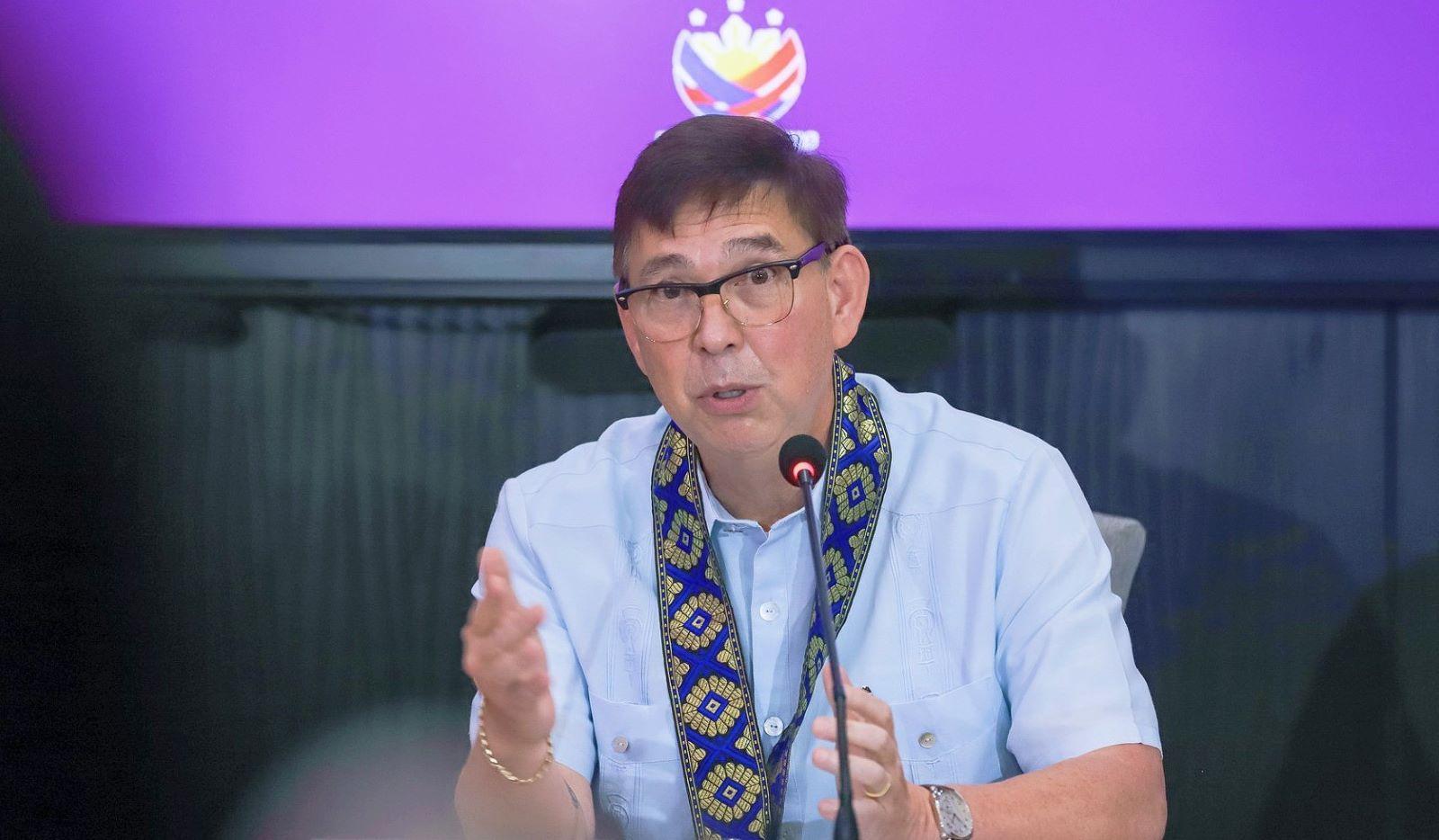Luzon economic corridor to lure investments, boost labor market — Recto

Finance Secretary Ralph Recto on Thursday said the Luzon Economic Corridor infrastructure initiative is seen to attract more investments to the Philippines that would further boost job creation, particularly in the manufacturing and construction sectors.
"The massive transport projects that will be undertaken along the corridor as well as the opportunities for investment in key economic hubs will create high demand for both skilled and unskilled jobs in the construction and manufacturing sectors," Recto said in a statement.
"This will be an engine of growth that will further spread the fruits of inclusive development for Filipinos," the Finance chief said.
At the Trilateral Leaders' Summit in Washington DC last month, the chief executives of the United States, the Philippines, and Japan announced their intent to develop the Luzon Economic Corridor.
The Luzon corridor initiative aims to connect Subic Bay, Clark, Manila, and Batangas, which will include high-impact infrastructure projects such as ports, rail, clean energy, semiconductors, supply chains, as well as other forms of connectivity in the Philippines.
"This is envisioned to become a prime location for export-manufacturing firms, positioning the Philippines as Asia's top destination for cutting-edge production and innovation," Recto said.
The Finance chief issued the statement after the latest Labor Force Survey showed that the unemployment rate rose to 4% from 3.9%, but declined year-on-year from 4.5% in April 2023.
Among the measures being undertaken by the government was the implementation of the 185 Infrastructure Flagship Projects (IFPs) under the Build Better More Program and improve the ease of doing business in the country.
President Ferdinand Marcos Jr. signed Executive Order 59, on April 30, to expedite the implementation of the IFPs.
Recto said the National Economic and Development Authority (NEDA) was also preparing the medium- and long-term Foreign Investment Promotion and Marketing Plan (FIPMP), which is a strategic approach to positioning the Philippines as a premier investment destination.
He said that the FIPMP is set for completion by the end of the month.
The plan leverages the country's competitive advantages, natural resources, skill and educational development, traditional linkages, and international market potential to attract more foreign investments that will generate high-quality employment opportunities.
To support Filipino workers in the digital age and enhance productivity, the government is reviewing the existing policy on alternative work modes, such as the Telecommuting Act, Recto said.
The Finance chief said the government is also supporting the passage of human capital development measures such as the Apprenticeship Bill, Lifelong Learning Bill, and Enterprise Productivity Act to equip Filipino workers with the necessary soft and hard skills for employment.
The NEDA is also formulating strategies under the Trabaho Para sa Bayan (TPB) Act, signed by Marcos in September. The law is the country's master plan for employment generation and recovery.
"These new measures will generate more jobs in other higher value-added sectors like BPO, IT, accounting, and healthcare," Recto said.
"Our primary goal here is to sustain labor market gains through improving the country's investment environment to attract more high-quality jobs while increasing the government's investments in human capital development, such as better healthcare and education. All these will prepare our young and dynamic workforce for lucrative and high-income opportunities," he said. — VDV, GMA Integrated News




